10 Misogynistic 90s TV Moments That Would Make You Cringe Today
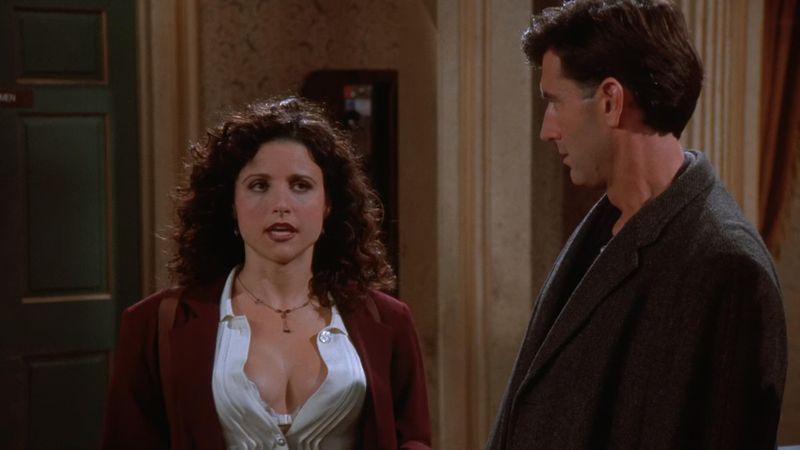
The 1990s brought about an era of iconic television shows that shaped a generation. However, these shows often reflected societal norms that are considered outdated or offensive today. Many beloved series featured moments that, in retrospect, reveal deep-seated misogynistic attitudes. While these programs provided laughter and entertainment, they also perpetuated stereotypes and diminished women’s experiences.
In this blog post, we delve into ten instances from popular 90s TV shows that may make viewers cringe today. Each moment highlights a different aspect of gender bias, offering a chance to reflect on how far we’ve come in media representation—and how far we still have to go.
1. When Ross decided to “grab a spoon” on Friends
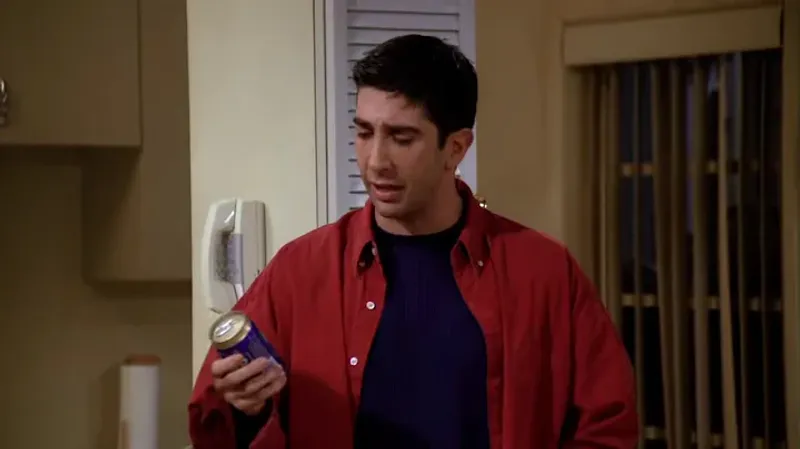
With his awkward charm, Ross from Friends often found himself knee-deep in romantic misadventures. One such moment was his conversation with Joey about “grabbing a spoon,” equating women to desserts. This metaphor reduces women to mere objects of consumption.
The scene plays out humorously but underscores a dismissive attitude towards female agency. Women are portrayed as choices on a menu for men to pick and enjoy.
While intended as a light-hearted exchange, the implication is clear: women exist for men’s pleasure. Such portrayals can perpetuate unhealthy views on relationships, inviting us to reconsider how humor impacts our perceptions of gender roles.
2. When Will became “Chivalry John” on The Fresh Prince of Bel-Air
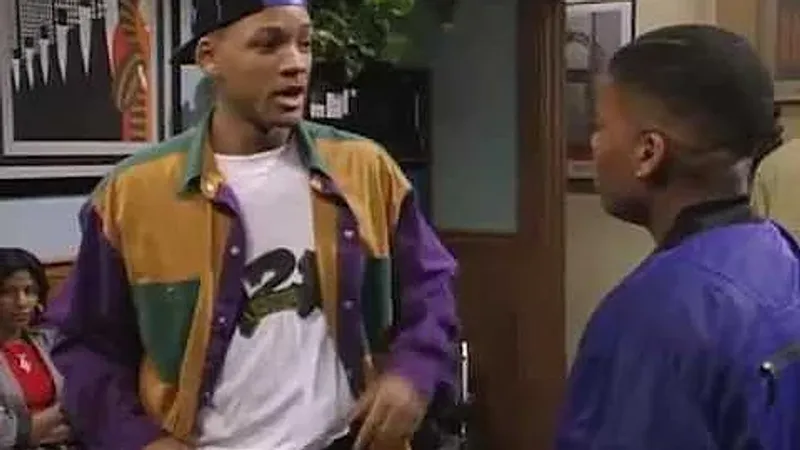
Will Smith’s charm in The Fresh Prince of Bel-Air was undeniable, but his antics often crossed lines. In one episode, he becomes “Chivalry John,” staging a fake rescue to impress a woman. What seems like a gallant act reveals underlying manipulation.
Will’s antics turn the concept of chivalry into a farce, reducing a genuine behavior into a comedic ploy. This portrayal trivializes serious issues, making light of genuine harassment experiences.
Though entertaining, the scene sheds light on how manipulation can be masked as kindness. It serves as a reminder to question the authenticity behind seemingly noble gestures.
3. When Donna’s basketball win became a crisis on That ’70s Show
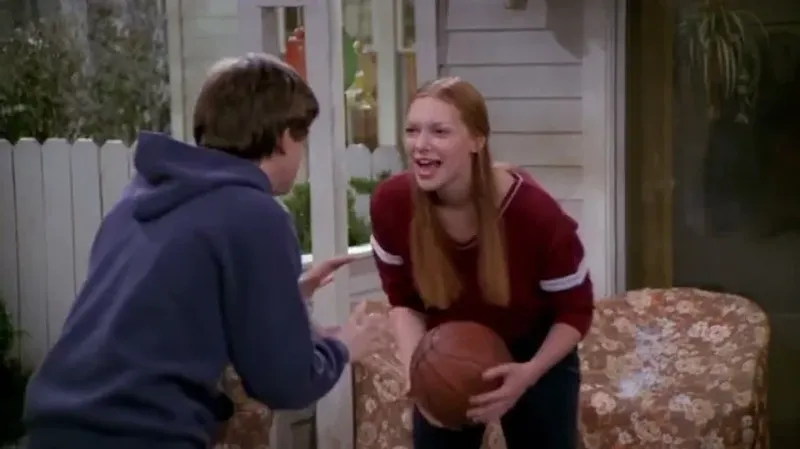
That ’70s Show often explored gender dynamics with humor, yet sometimes fell into outdated tropes. When Donna beats Eric in basketball, it sparks a crisis of masculinity. Eric’s friends view his defeat as emasculating.
This incident underscores fragile male egos and entrenched gender roles. Donna’s victory is diminished by the need to restore Eric’s pride over appreciating her skills.
The episode humorously depicts how societal expectations can stifle personal achievements. It further demonstrates how women’s successes are often viewed as threats to male confidence, highlighting a persistent imbalance in gender relations.
4. When Elaine’s cleavage became a social experiment on Seinfeld
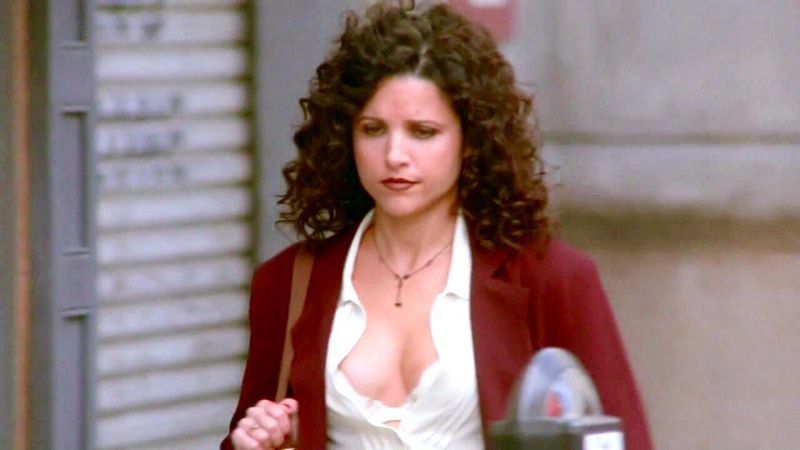
Elaine Benes in Seinfeld often challenged social norms, yet even she wasn’t immune to gendered objectification. In one episode, Elaine is pressured into revealing her cleavage for a social experiment.
Her discomfort is turned into a spectacle, serving as a visual prop for the male characters. This scenario highlights how women’s bodies are often scrutinized and exploited for male amusement.
While Seinfeld thrived on awkward humor, this instance underscores a disregard for female autonomy. The scene invites viewers to consider how women are often expected to conform to male-centric expectations.
5. When Jen got shamed after being assaulted on Dawson’s Creek
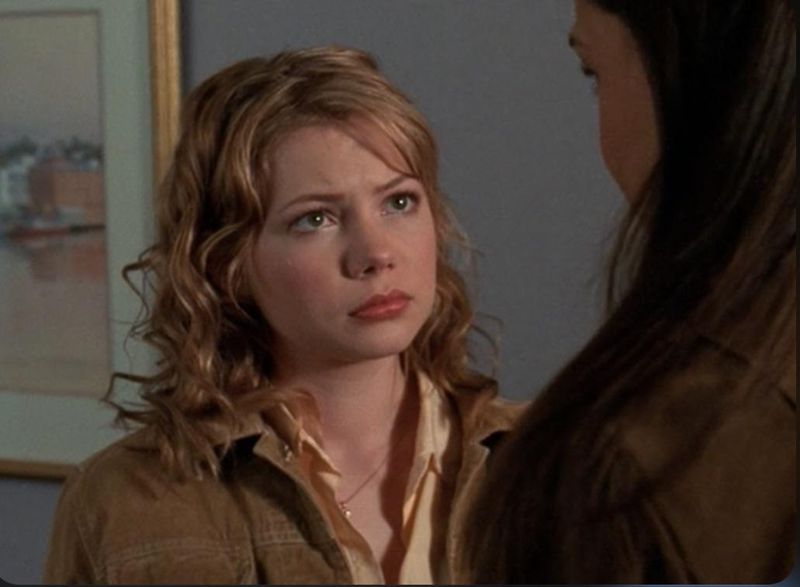
Jen Lindley, the rebellious spirit of Dawson’s Creek, faces a harsh reality when her assault is met with blame. Instead of support, her grandmother scolds her, turning victim-blaming into the lesson.
This moment reveals a disturbing tendency to fault victims rather than hold perpetrators accountable. Jen’s experience illustrates how societal attitudes can perpetuate trauma by placing blame on victims.
Such portrayals highlight the need for compassion and support. Rather than addressing the assault, the show focuses on moral judgment, showcasing a significant gap in understanding around victim support and empowerment.
6. When Tim couldn’t keep his eyes off his sister-in-law on Home Improvement
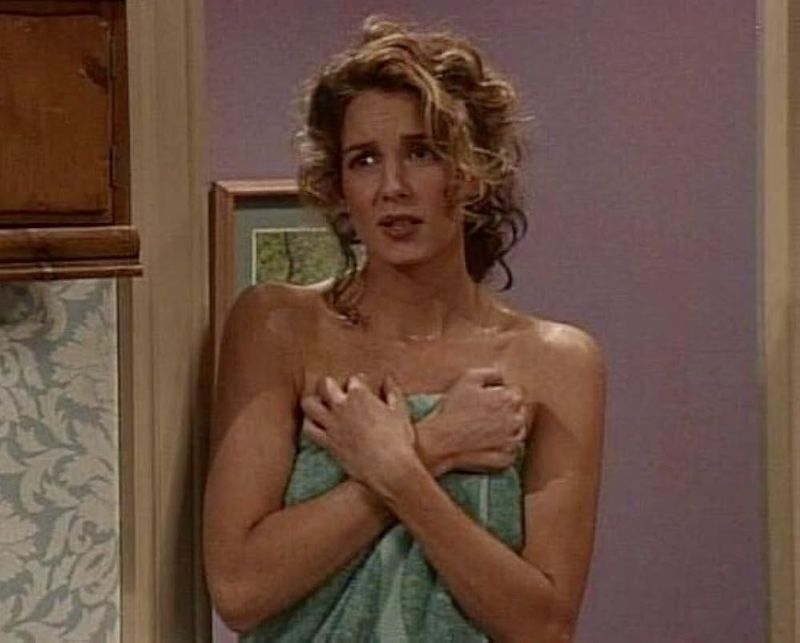
Home Improvement’s Tim Taylor is notorious for his bumbling humor, yet his wandering eye reveals deeper issues. Tim’s crude comments about his sister-in-law shift blame onto her looks rather than his disrespect.
This reflects a common narrative, where men’s behavior is excused while women are held responsible for male attention. The humor masks a lack of respect and dignity towards women.
Tim’s antics invite viewers to reflect on how jokes can perpetuate sexism. His behavior diminishes personal responsibility, reminding us of the importance of mutual respect in any relationship.
7. When everyone cringed about periods on Married with Children
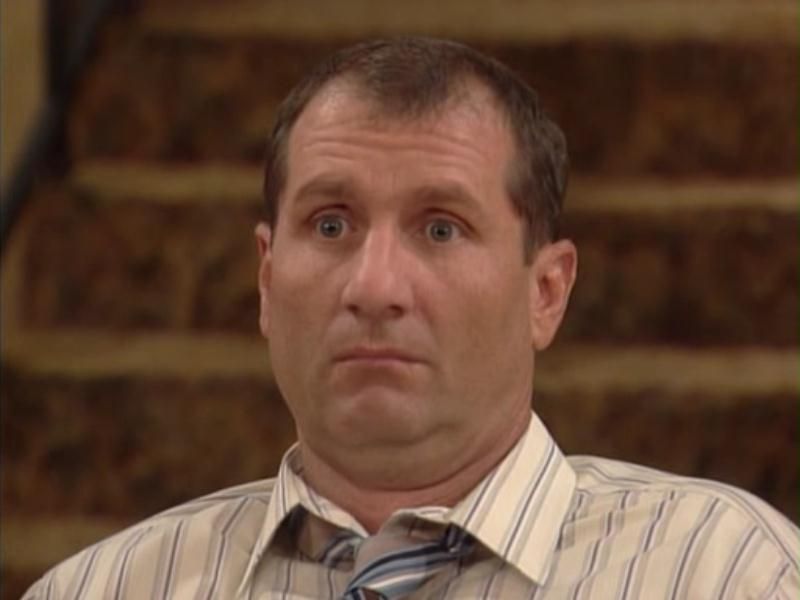
Al Bundy of Married with Children often found himself surrounded by chaos, yet his discomfort with menstruation underscores deeper issues. His disgust becomes the butt of jokes, reinforcing myths about women’s bodies.
This humor trivializes natural bodily functions, perpetuating stigma and shame surrounding menstruation. The scene reflects an unwillingness to engage with basic aspects of women’s health.
Al’s reaction invites discussion on how media shapes perceptions of normal biological processes. These portrayals can perpetuate ignorance, highlighting the need to normalize open and respectful conversations about women’s bodies.
8. When Frasier mansplained psychology to Lilith on Cheers
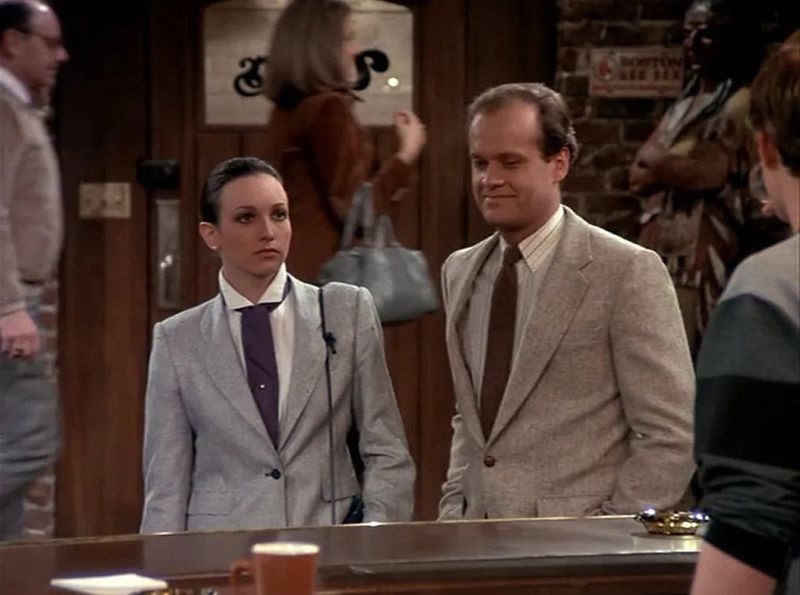
Frasier Crane from Cheers, known for his intellectual wit, often found himself in condescending territory. In one episode, he publicly undermines Lilith’s professional expertise.
His mockery reflects arrogance and dismisses her intelligence, turning a critique of his behavior into a comedic moment. This interaction highlights how women’s professionalism is often trivialized.
Frasier’s behavior emphasizes the importance of recognizing and valuing women’s contributions. By turning Lilith’s critique into a punchline, the show fails to acknowledge gender biases that persist in professional settings.
9. When Stephanie’s “horoscope” joke went too far on Full House
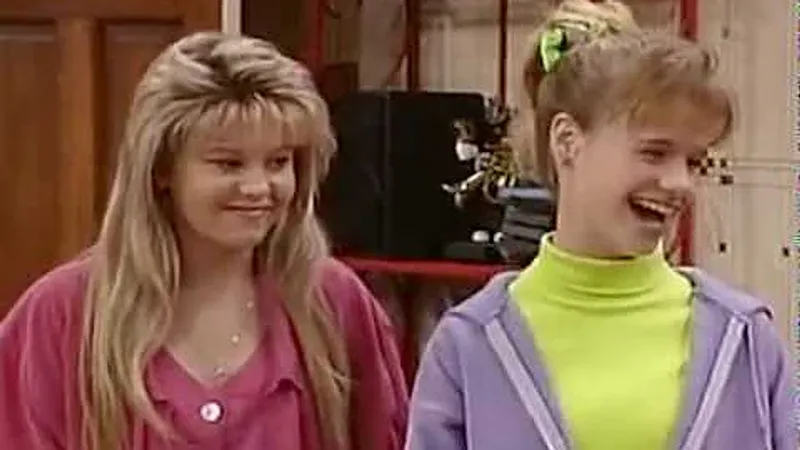
Full House’s wholesome atmosphere wasn’t immune to problematic jokes. In one episode, Stephanie’s quip at Kimmy about a “horoscope” sounds like she calls her a “whore,” crossing a line.
This casual insult highlights how normalized such language was, even among young girls. It reflects a culture where derogatory terms are played for laughs.
The scene invites reflection on how language shapes perceptions and relationships. Such jokes may seem harmless but perpetuate harmful stereotypes, emphasizing the need for mindful communication, especially among impressionable audiences.
10. When Jessie’s feminism hit a wall on Saved by the Bell

Jessie Spano from Saved by the Bell was a staunch feminist, yet her ideals often clashed with traditional views. In one episode, A.C. Slater dismisses her progressive views as “crazy.”
This interaction turns her feminism into a punchline, trivializing her efforts to break gender norms. Jessie’s experience highlights the resistance faced by women advocating for equality.
The scene underscores the challenges of challenging status quo. By mocking Jessie, the show diminishes her pursuit of gender equality, inviting viewers to reconsider how feminist ideals are portrayed and perceived.

Comments
Loading…